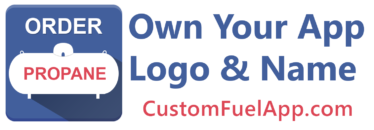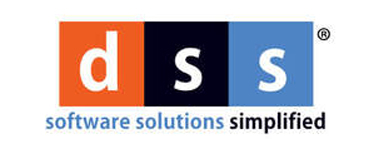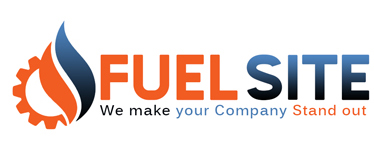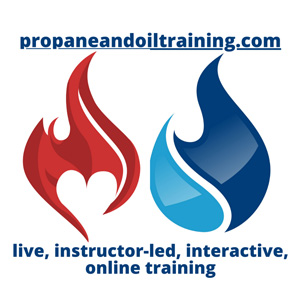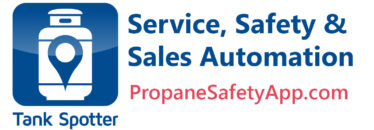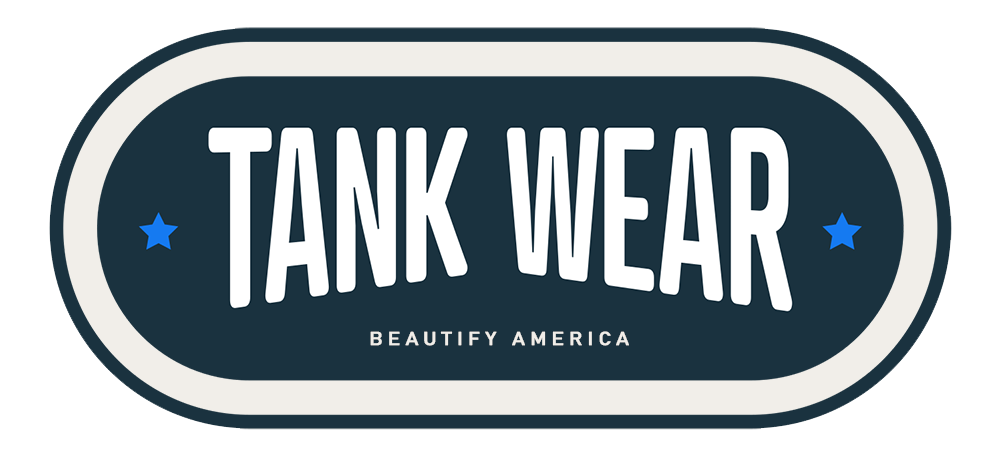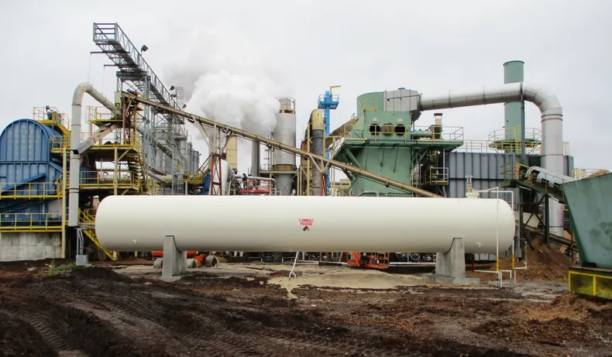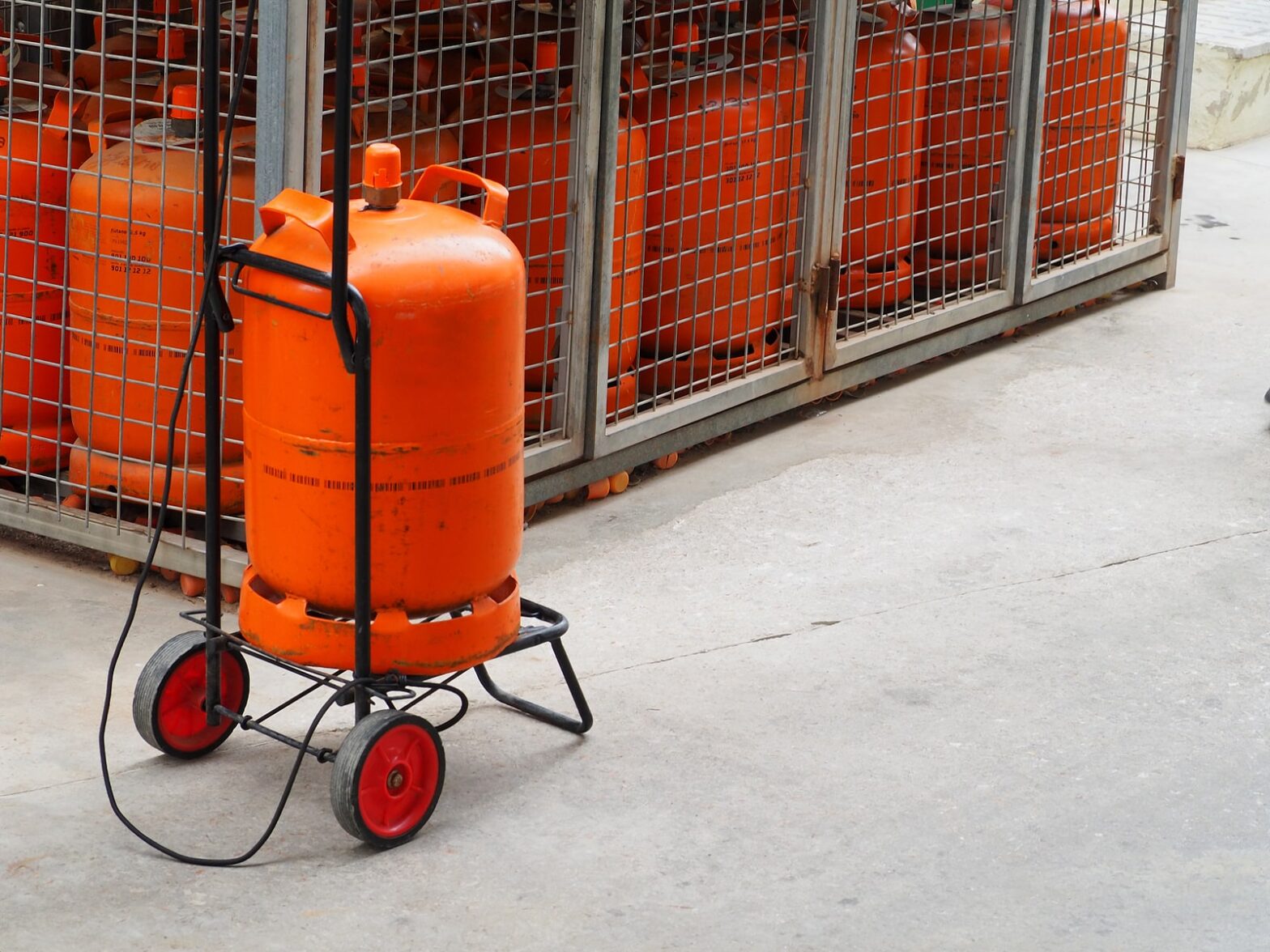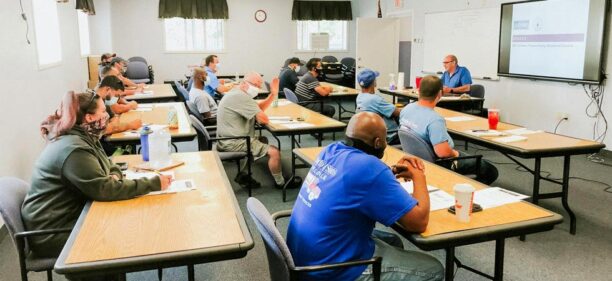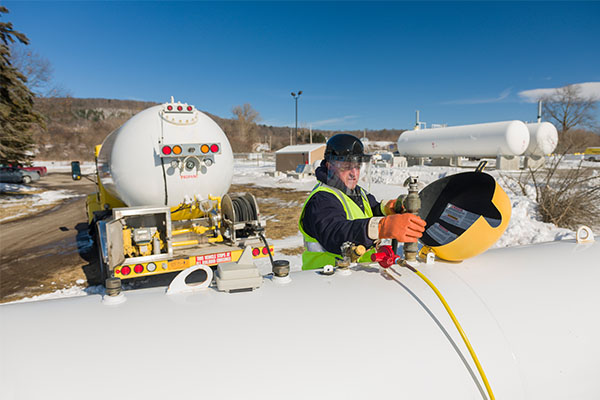Cultivating Safety Excellence in Propane Operations

Embedding Safety into Your Business DNA
In the propane industry, where handling and distributing highly flammable substances is part of daily operations, fostering a robust safety culture is a cornerstone of business sustainability and employee wellbeing. Here, we outline practical steps for embedding a safety culture within your propane business, ensuring that safety principles guide every action and decision.
Leadership Commitment and Visibility
Lead by Example: Management should exemplify safety in their actions and decisions, demonstrating a top-down commitment to safety that permeates the entire organization.
Safety Policy and Vision: Develop and communicate a clear safety policy and vision. This should articulate the company’s commitment to safety and set expectations for all employees.
Comprehensive Training Programs
Regular Safety Training: Implement ongoing safety training programs that cover all aspects of propane handling, emergency response, and equipment operation. Make sure new hires undergo comprehensive safety orientation.
Scenario-Based Training: Include scenario-based training sessions that simulate real-life emergencies, preparing employees for quick and effective responses to potential incidents.
Employee Engagement and Communication
Safety Committees: Establish safety committees that include representatives from different levels of the organization. These committees can review safety practices, discuss incidents, and suggest improvements.
Open Communication Channels: Encourage open communication about safety concerns. Employees should feel comfortable reporting potential hazards without fear of retribution.
Safe Work Environment
Regular Safety Audits and Inspections: Inspect facilities and equipment to identify and mitigate risks.
Maintenance and Upgrades: Ensure all equipment and vehicles are maintained according to the highest safety standards. Invest in upgrades that enhance safety and efficiency.
Incident Reporting and Analysis
Transparent Incident Reporting: Foster an environment where incidents are promptly and transparently reported. This includes near-misses, which are valuable for learning and prevention.
Root Cause Analysis: Conduct a thorough analysis following an incident to identify the root cause and implement corrective actions to prevent recurrence.
Recognizing and Rewarding Safe Practices
Safety Incentives: Develop incentive programs that reward employees and teams for exemplary safety practices and improvements. Recognition can motivate continued focus on safety.
Feedback Loop: Provide feedback on safety performance, acknowledging the efforts and suggesting areas for improvement. This reinforces the value placed on safety.
Integrating Safety into Operational Processes
Safety in Decision Making: Incorporate safety considerations into all business decisions, from strategic planning to daily operational tasks.
Technology and Safety Enhancements: Leverage technology to enhance safety, such as implementing tank monitoring systems to prevent overfills and leaks.
Continuous Improvement
Stay Informed on Industry Standards: Keep abreast of industry standards and regulatory changes. Attend workshops, seminars, and conferences focused on safety in the propane industry.
Benchmarking and Learning: Look to industry best practices and learn from the safety successes and challenges of others. Apply these insights to your own safety culture.
A Lifelong Commitment to Safety
Building a safety culture in your propane business is an ongoing journey that requires commitment, vigilance, and continuous improvement. By prioritizing safety at every level of the organization, you comply with regulatory requirements and protect your employees, customers, and the community. A strong safety culture minimizes risks and enhances operational efficiency and employee morale, positioning your business as a leader in safety excellence within the propane industry.









